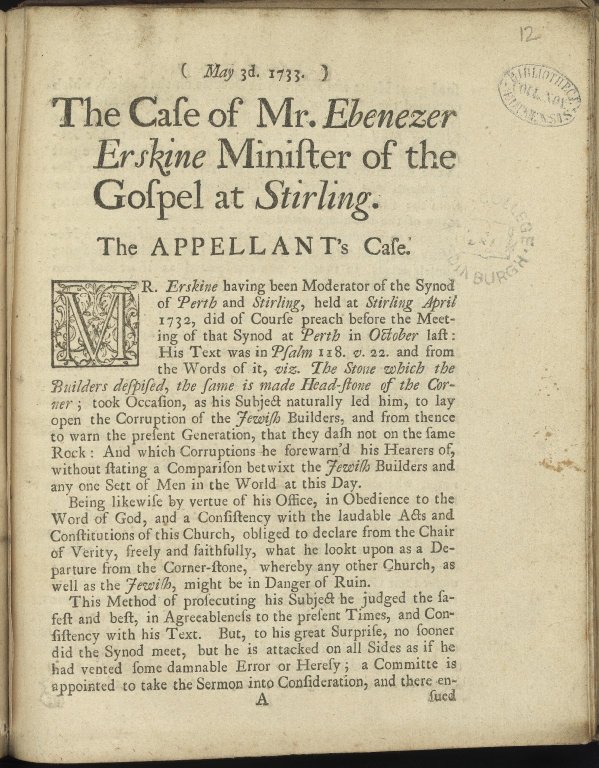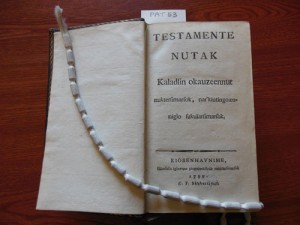
Testamente nutak : Kaladlin okauzeennut nuktersimarsok [Eskimo Bible]. Copenhagen, 1799. New College Library PAT 53
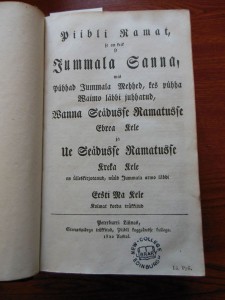
Piibli Ramat, se on keik se Jummala Sanna [Bible. New Testament. Estonian]. Peterburri Linnas, 1822. New College Library PAT 60
His work involved translating and printing portions of the scriptures into Finnish, Georgian, Icelandic, Sami, Latvian, Moldavian, Russian, Samogitian, and Swedish. First based in Sweden, where he founded the Finnish Bible Society, in 1812 Paterson moved to St Petersburg, where he was involved in the work of what became the Russian Bible Society. In later life he returned to Scotland where he continued to be active in the Scottish Congregational Church, but was also involved with early attempts to produce Bibles for the blind, in a precursor of Braille writing (2).
![Meije Issanda Jesusse Kristusse Wastne Testament [Bible. New Testament. Estonian]. Riga, 1686](http://libraryblogs.is.ed.ac.uk/newcollegelibrarian/files/2014/03/PAT-58-225x300.jpg)
Meije Issanda Jesusse Kristusse Wastne Testament [Bible. New Testament. Estonian]. Riga, 1686 New College Library PAT 58
The Paterson Bible Collection reflects the linguistic spectrum of his Northern European work, but also includes Bibles in languages as diverse as Amharic, Armenian and Ethiopian. It was received by the National Bible Society of Scotland in 1957 from A. G. C. Baxter of Gilston, Largoward, Paterson’s descendant, and subsequently gifted to New College Library in 1991.
(1) G. C. Boase, ‘Paterson, John (1776–1855)’, rev. H. C. G. Matthew, Oxford Dictionary of National Biography, Oxford University Press, 2004 [http://www.oxforddnb.com/view/article/21533, accessed 19 Feb 2014]
(2) Alexander, James M. (1974) ‘Title John Paterson, Bible Society Pioneer, 1776-1855. The later years – 1813-1855, Records of the Scottish Church History Society, vol viii, p196.
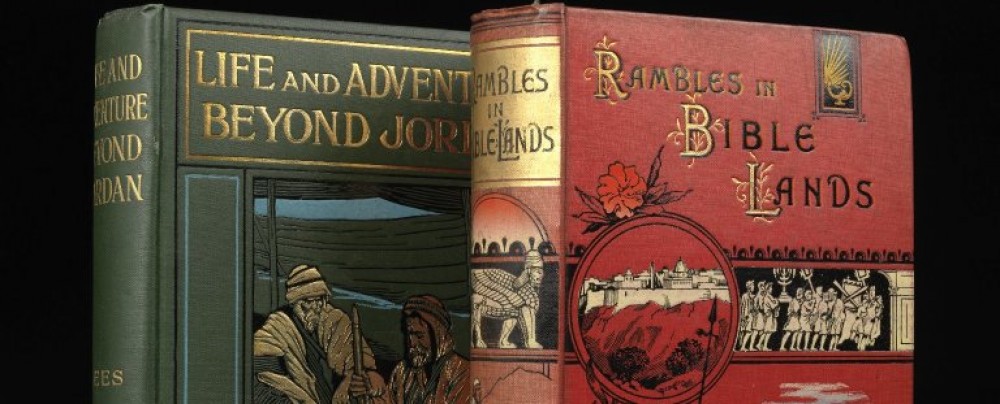
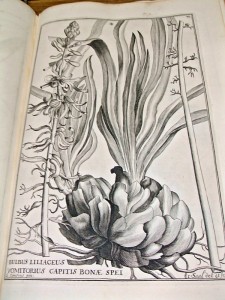
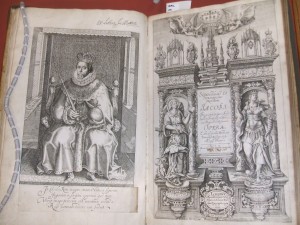
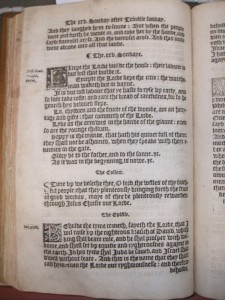
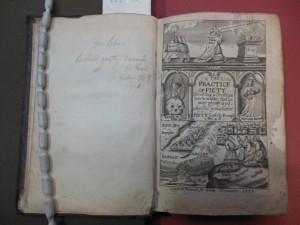
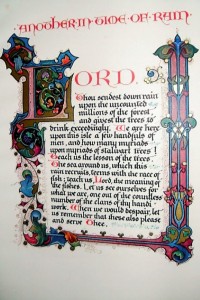
![[Newton, John] / An authentic narrative of some remarkable and interesting particularas in the life of ********* ... London, 1786.New College Library Z.1188](http://libraryblogs.is.ed.ac.uk/newcollegelibrarian/files/2013/07/z-1188-300x225.jpg)
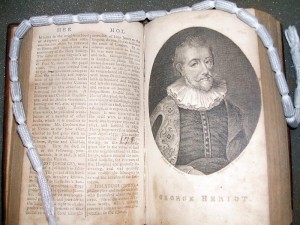
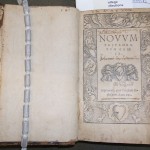
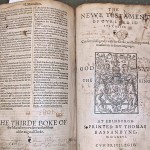
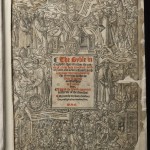
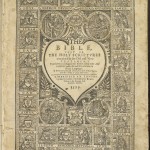
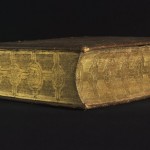
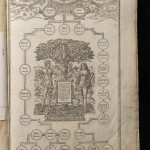
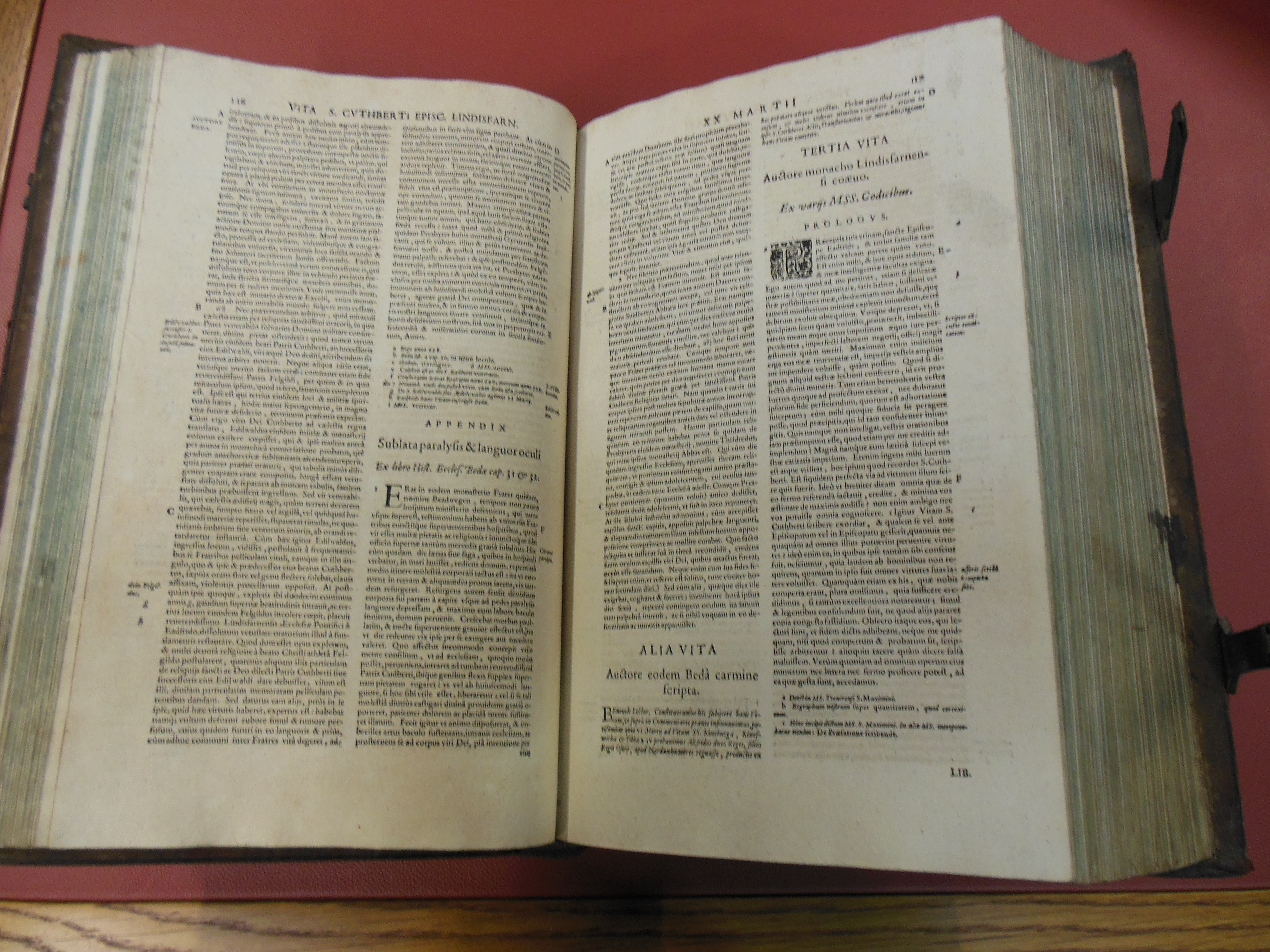
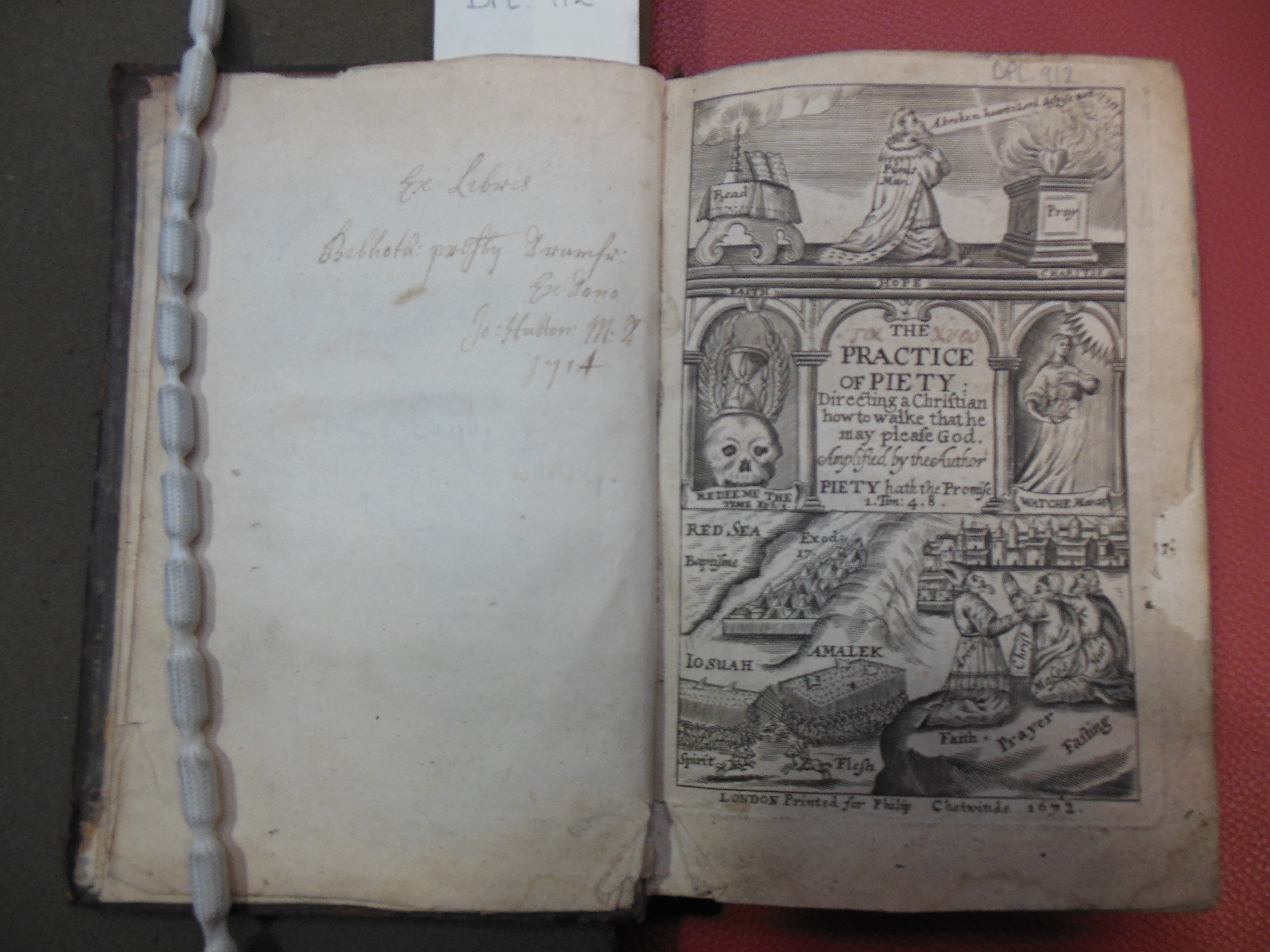
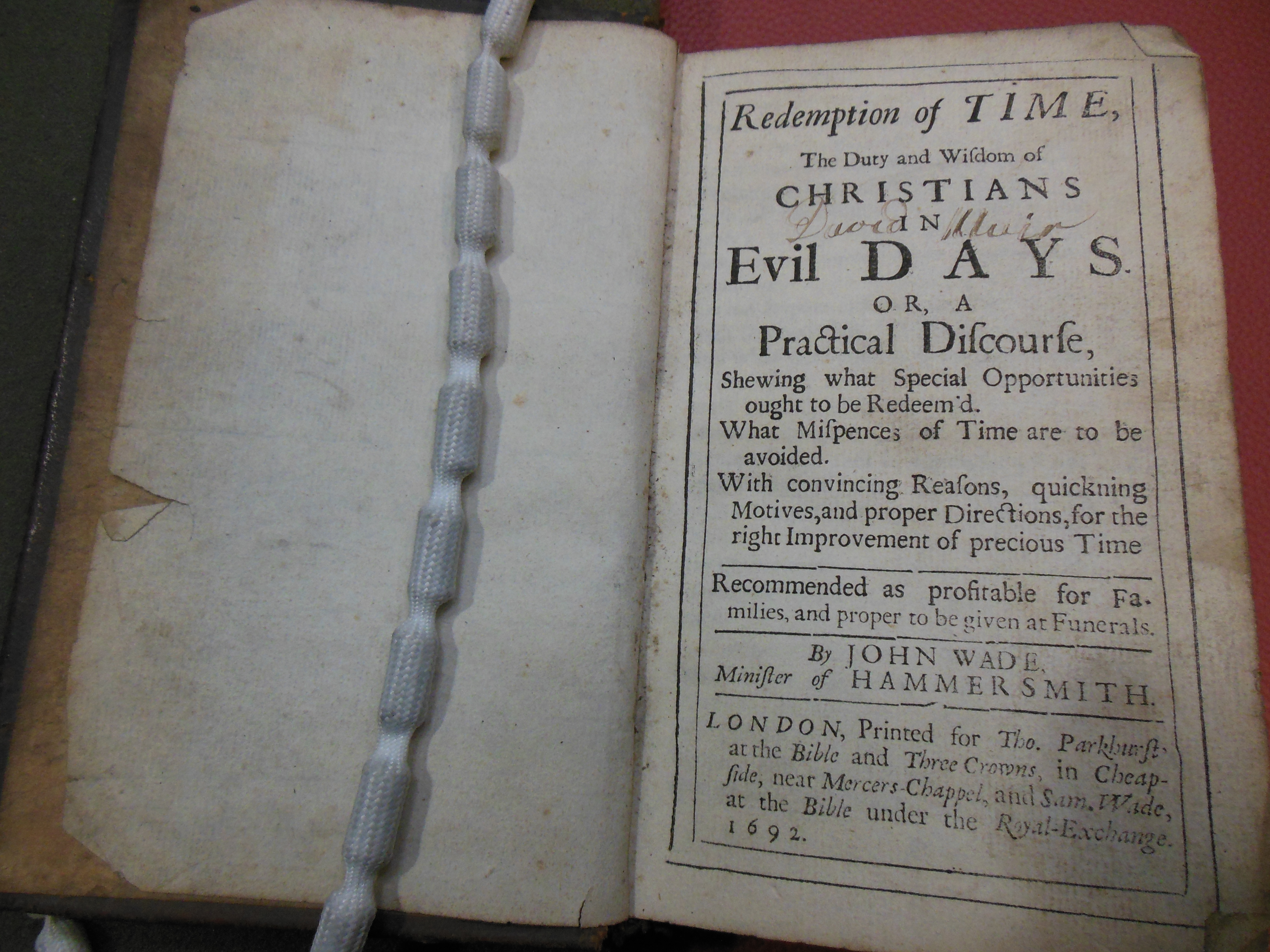
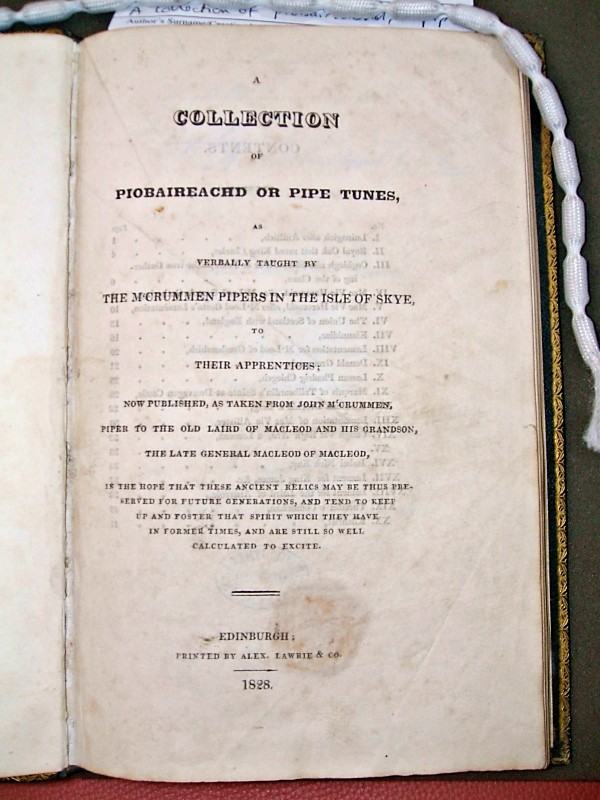
![[Newton, John] / An authentic narrative of some remarkable and interesting particularas in the life of ********* ... London, 1786.](http://libraryblogs.is.ed.ac.uk/newcollegelibrarian/files/2013/07/z-1188.jpg?w=300)
